Workers Compensation
Coverage While on the Job
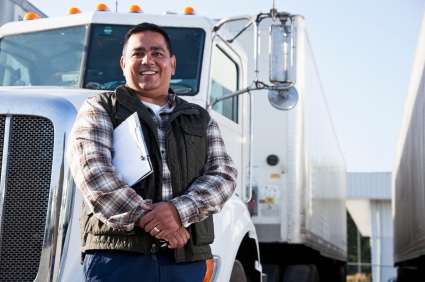
Insurance for Company Drivers
Most trucking companies to do not realize that their auto liability insurance does not cover the driver whether they are a W2 driver or an 1099 independent contractor in case of an accident that is caused by the driver. This liability might put your company in a big bind specially with the high medical bills and possible litigation from your drivers.

Insuring Office Staff
Workers compensation is demanded by most states and the trucking industry has a very big target from the states for mis-classifications and non compliance in driver injuries. We can assist your company in providing workers compensation for your drivers and office staff wither you had previous coverage or not.
Talk to an agent today for more info on workers compenation insurance or to obtain free commercial truck insurance quotes!
Roadside Assistance
If You Break Down, We Are Here to Help You!
(One-time payment of $499 or $49 a month for 12 months)
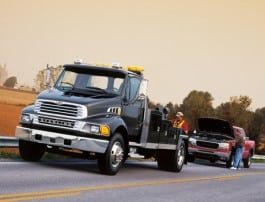
Towing Assistance (up to 50 miles per disablement)
When your Covered Vehicle is disabled due to a mechanical breakdown, it will be towed to the nearest service facility of your choice up to fifty (50) miles or up to two (2) hours port-to-port, dependent on how the service provider charges. The truck for purposes of towing includes both the tractor and trailer, state law permitting. Any expenses incurred beyond membership limits will be the responsibility of the member, payable directly to the service provider, and are not reimbursable. In either case, service is limited to one tow or service call per disablement. See Limits of Services and accidents.
Contact an agent to get started with an auto policy or talk about adding Towing & Labor coverage.
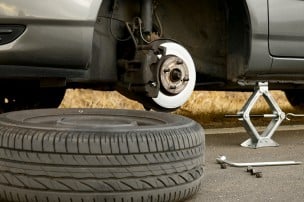
Flat Tire Assistance (up to $150 per occurrence)
When a replacement tire is needed for the Covered Vehicle, the cost of the service call to deliver a replacement tire to the disablement site will be covered up to $100.00 per occurrence. Coverage does not cover cost of the tire and its installation.
Contact a Gain Insurance Agent for more information!
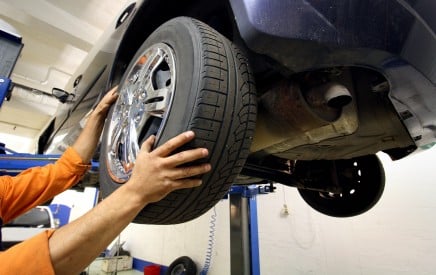
Tire Replacement Assistance (up to $100 per disablement)
Service consists of the removal of the flat tire for the Covered Vehicle, and it’s replacement with the mounted spare tire located with the Covered Vehicle, up to $150 per occurrence. The truck program for flat tire assistance excludes coverage for trailers.
Contact Gain Insurance Agency for more information today!
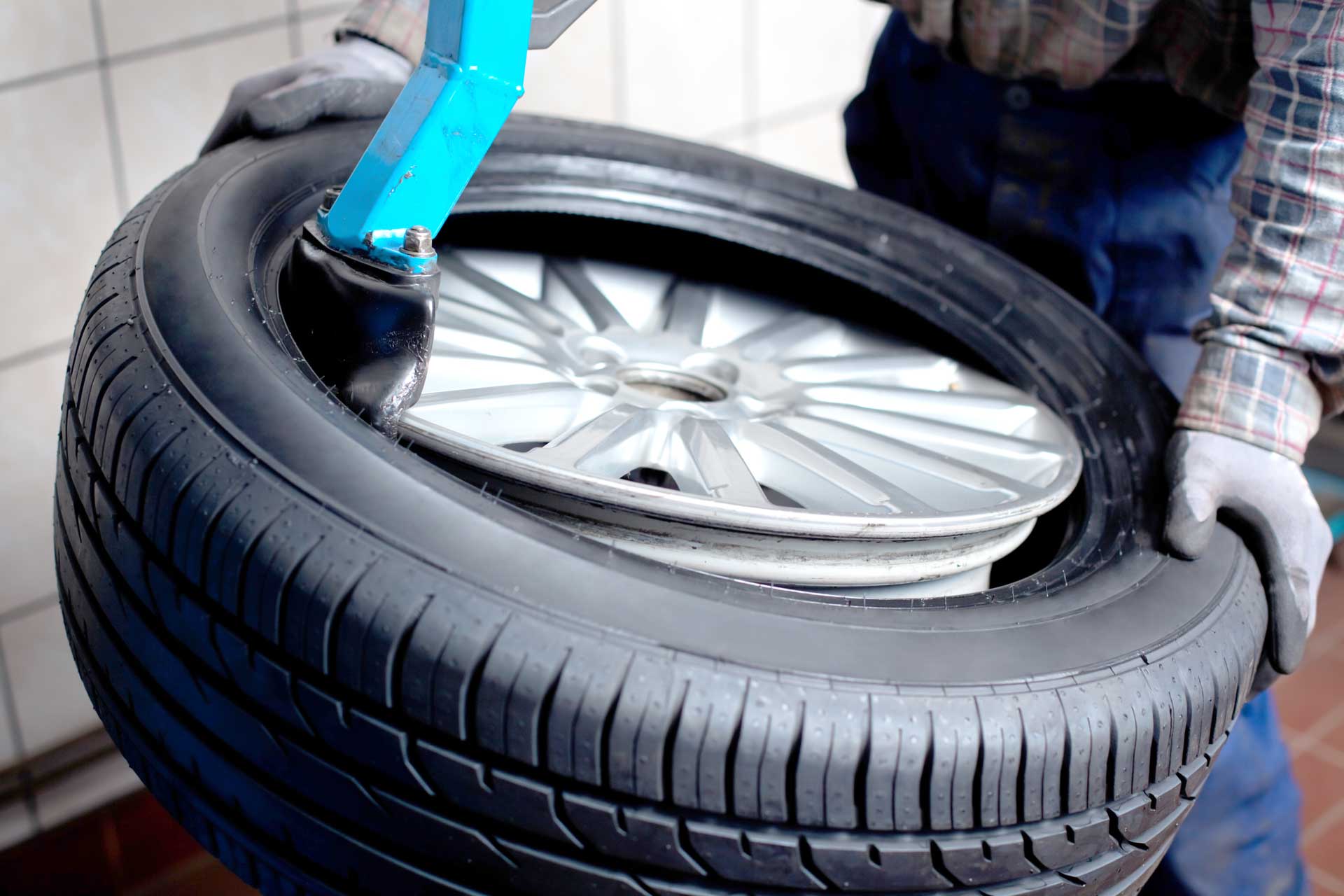
Tire Repair Assistance (up to $100 per occurrence)
Service consists of a roadside tire repair for a mounted tractor tire, up to $100 per occurrence. Tire repair assistance excludes service to the trailer tires.
Contact us – Gain Insurance – today and get more information on this great service we have to offer!
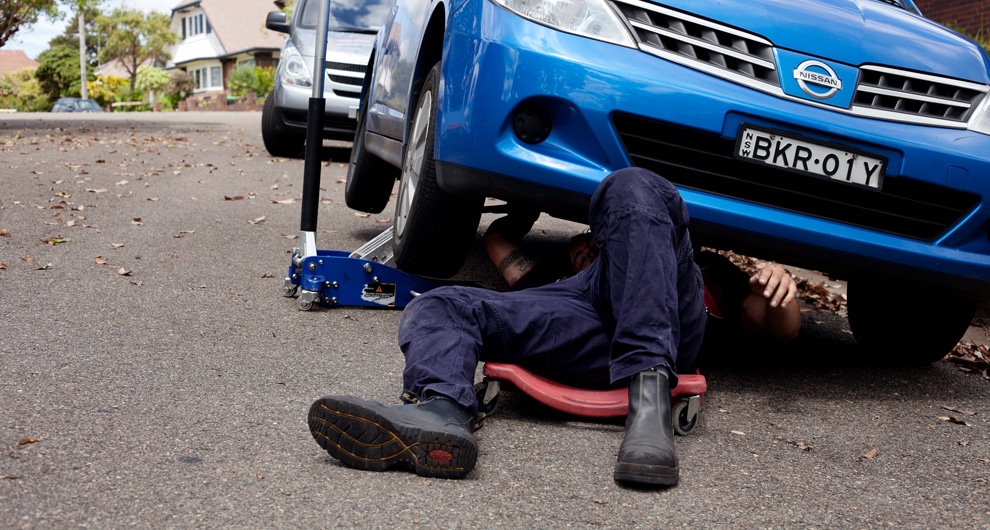
Mobile Mechanic Service (up to $100 for service call)
Mobile Mechanic Service is available for the Covered Vehicle in lieu of towing, if the disablement can be resolved roadside, up to a maximum of $100.00 per occurrence. You must pay for any mileage, parts and labor.
Contact a Gain Insurance Agent today to learn more about this service!
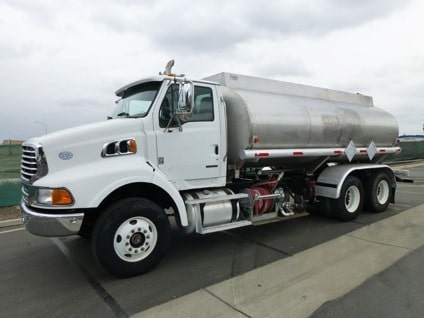
Oil, Fluid and Water Delivery Service
An emergency supply of oil, fluid and water will be delivered if your Covered Vehicle becomes disabled due to running out of fluids, up to $100 per occurrence. You must pay for the cost of the oil, fluid or water, if any.
Contact Gain Insurance if you have this problem!
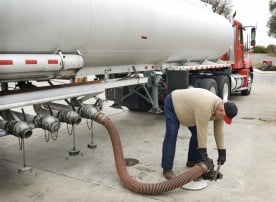
Fuel Delivery Service (up to 30 gallons of fuel)
An emergency supply of up to thirty (30) gallons of fuel will be delivered if your Covered Vehicle is in immediate need, up to $100 per occurrence. You must pay for the cost of fuel.
Contact a Gain Insurance agent today to get more info on this service and how it could greatly benefit you!
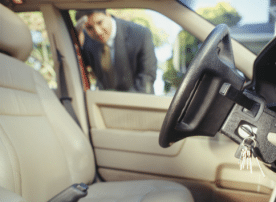
Lock-out/Replacement Key Assistance (up to $100)
If your keys are lost, stolen or accidentally locked inside your vehicle, we will dispatch a qualified service provider. You’ll only be responsible for keys/costs to replace them.
Contact Gain Insurance agent today to add this service onto your insurance and be covered for the events mentioned above!
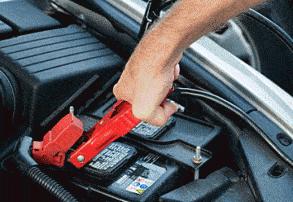
Jump-Starts (up to $150 per occurrence)
If battery failure occurs, a jump-start will be provided to start your Covered Vehicle, up to $150 per occurrence.
So contact a Gain Insurance agent today to have this added with your trucking insurance!

Pull Start (up to $100 per occurrence)
A pull start may be available for the covered vehicle in lieu of a jump-start, if available, up to $100 per occurrence.
Contact Gain Insurance today if you think you need this service!
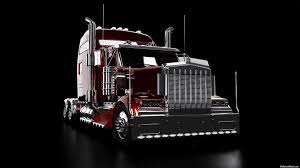
Replacement Battery Delivery (up to $100 for service call)
In the event a battery is needed, one can be delivered to your location. The cost of the battery, parts, and labor are at your expense. A battery delivery service call will be covered up to $100.00 for service call only and will not be covered if the service call was requested after a successful or failed jump start service.
Think you might need this service? Contact Gain Insurance today!
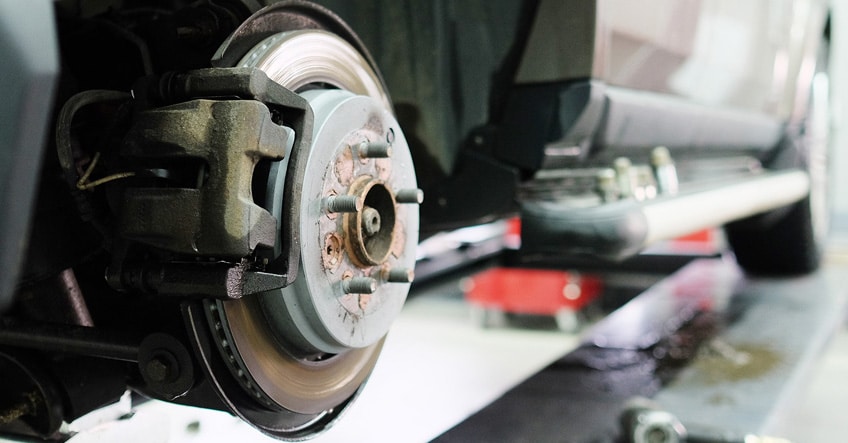
Replacement Part Delivery (up to $100 per occurrence)
Replacement part delivery, if available, will be provided up to $100 per occurrence to cover the delivery only. Member is responsible for the cost of the part(s) themselves. This service may not be available in all regions. Member is responsible for installation and labor.
Don’t wait for it to happen – Contact Gain Insurance today!
Trucking Permits
We Make Sure You Have the Permit for the Right Job!
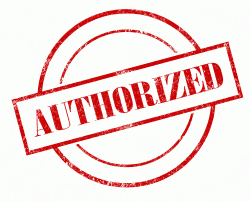
Be Aware of the 48 States Authority
It takes a carrier 4 to 7 weeks to obtain all the operating authority and permits required to operate in Interstate Commerce. You should realize that there are two parts to the process: Federal and State. The Federal portion generally takes about 18 days to complete and then the State permits can take an additional two weeks.
Only four states have special permits that are required to operate within their borders. You can register for these permits upfront or acquire trip permits. The states are New York (HUT), Kentucky (KYU Number), New Mexico, & Oregon (File Number). We do recommend you register for all of these states.
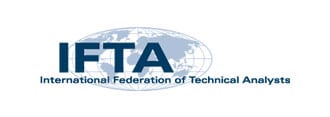
What to Know About the IFTA
International Fuel Tax Agreement (IFTA) is a means to pay fuel taxes to the different participating states and provinces by registering and filing quarterly returns with your base state. Only the contiguous 48 States, plus Canadian Provinces and vehicle over 26,000 Gross Vehicle Weight participate in this program. Registration for the program is generally free but some states may charge a registration and decal fee that usually cost under $35.00.
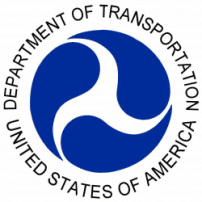
US Department of Transportation
What is a USDOT Number?
Companies that operate commercial vehicles transporting passengers or hauling cargo in interstate commerce must be registered with the FMCSA and must have a USDOT Number. Also, commercial intrastate hazardous materials carriers who haul quantities requiring a safety permit must register for a USDOT Number.
The USDOT Number serves as a unique identifier when collecting and monitoring a company’s safety information acquired during audits, compliance reviews, crash investigations, and inspections.
You are required to obtain a USDOT number if you have a vehicle that:
- Is used in transporting material found by the Secretary of Transportation to be hazardous and transported in a quantity requiring placarding (whether interstate or intrastate).
OR
- Has a gross vehicle weight rating or gross combination weight rating, or gross vehicle weight or gross combination weight, of 4,536 kg (10,001 pounds) or more, whichever is greater; or
- Is designed or used to transport more than 8 passengers (including the driver) for compensation; or
- Is designed or used to transport more than 15 passengers, including the driver, and is not used to transport passengers for compensation;
AND is involved in Interstate commerce:
Trade, traffic, or transportation in the United States—
- Between a place in a State and a place outside of such State (including a place outside of the United States);
- Between two places in a State through another State or a place outside of the United States; or
- Between two places in a State as part of trade, traffic, or transportation originating or terminating outside the State or the United States.
You are required by FMCSA to obtain USDOT Number and comply with the Federal Regulations.
It is the responsibility of motor carrier operators and drivers to know and comply with all applicable Federal Motor Carrier Safety Regulations. Safety compliance and safe operations translate into saved lives and property. We believe the information in this package, when effectively applied, will contribute to safer motor carrier operations and highways.
States that Require a DOT Number
Apart from federal regulations, some states require commercial motor vehicle registrants to obtain a USDOT Number. These states include:
- Alabama
- Alaska
- Arizona
- Colorado
- Connecticut
- Florida
- Georgia
- Indiana
- Iowa
- Kansas
- Kentucky
- Maine
- Maryland
- Michigan
- Minnesota
- Missouri
- Montana
- New Jersey
- New York
- Nebraska
- North Carolina
- Ohio
- Oklahoma
- Oregon
- Pennsylvania
- South Carolina
- Tennessee
- Texas
- Utah
- Washington
- West Virginia
- Wisconsin
- Wyoming
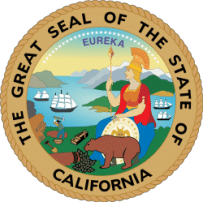
California Trucking Rules & Regulations
The trucking industry in California is regulated by the following agencies:
For air emissions regulations, contact the Air Resources Board (ARB). The ARB contact information is on this Caltrans web page: http://www.dot.ca.gov/hq/traffops/trucks/ops-guide/air.html.
For drivers license or vehicle
registration, contact the Department of Motor Vehicles
(DMV). http://www.dmv.ca.gov
For inspections, highway safety and laws, contact the California Highway Patrol
(CHP) at (916)843-3400. http://www.chp.ca.gov/
For licensing of household goods carriers and tour buses, contact the California
Public Utilities Commission at (800) 877-8867. http://www.cpuc.ca.gov/
For fuel taxes contact the California
Board of Equalization at (916) 322-9669. http://www.boe.ca.gov/
For hauling animals, crops and produce, contact the California Department of
Food & Agriculture at (916) 654-0466. http://www.cdfa.ca.gov
The California Department of Transportation (Caltrans) Office of Truck Services web page
at http://www.dot.ca.gov/hq/traffops/trucks/ is the portal to
- Truck Operations
- Oversize/Overweight Permits http://www.dot.ca.gov/hq/traffops/permits (916) 322-1297
- Legal Truck Size & Weight
- Legal Truck Size & Weight — Exemptions
- Truck Routes
- 45′ Buses & Motorhomes
- Weigh Stations/Enforcement Facilities
- Weigh-in-Motion
Traffic Operations web link: http://www.dot.ca.gov/hq/traffops
Talk to an agent today for more info on trucking permits or to obtain free commercial truck insurance quotes!
Broker Bonds
Obtaining Your Broker Bond
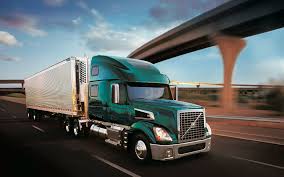
Cost of a Broker Bond
The cost of a freight broker surety bond is determined based on three factors: 1) the business owner’s personal credit, 2) business experience, and 3) financial strength of the company. Unlike with a Trust Fund Agreement (BMC-85) where full collateral may be required, a Freight Broker Surety Bond (BMC-84) allows freight brokers and forwarders to instead only pay a percentage of the total bond amount, in the form of annual premium, without the need for any collateral.
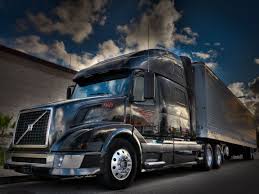
Lowering Your Broker Costs
It is possible to lower your freight broker bond cost over time. Steps which you can take to tilt the scales in your favor include:
- Provide strong financial or business statements
- Take steps to improve your personal credit score
- Own strong liquid assets and provide cash verification
- Work with the right surety bond agency
Working with the right agency is a major determining factor of freight broker surety bond cost. You’ll want to find a bond agency with access to the best programs on the market, such as Lance Surety Bonds. Through strong relationships with a number of A-rated and T-listed surety bond companies, we have access to exclusive programs not offered to most agencies. A good bond agency will also work with you to find ways to strengthen your application, such as requesting additional documentation that can work in your favor. Finding the right bond agent for your freight brokerage will undoubtedly reduce your overall bonding costs.
And since you have to renew your freight broker surety bond on an annual basis, you will always have a full year to improve your credit score and get an even lower premium next time around.
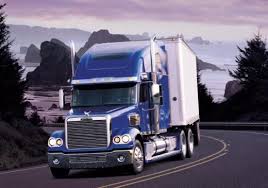
What to Know About Broker Bonds
What is a Broker Bond?
The Federal Motor Carrier Safety Administration (FMCSA) requires that all freight brokers and forwarders obtain a freight broker surety bond as part of the freight brokerage licensing process.
A surety bond is an agreement with three participant sides to it: the principal, the obligee and the surety. The surety is the side that, by issuing the freight broker bond, guarantees to the obligee that it will protect it from harm which may arise if the principal engages in fraud, abuse and other unlawful activities.
Freight broker surety bonds are meant to protect shippers and motor carriers and the contractual obligations that freight brokers have towards them. If, for example, a freight broker should refuse or unreasonably delay payment, the freight broker surety bond goes into effect and shippers and carriers receive compensation.
Talk to an agent today for more info on broker bonds or to obtain free commercial truck insurance quotes!
Occupational Accidents & Coverage
Covering You at All times
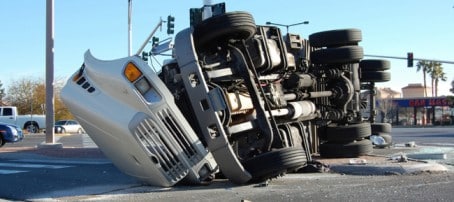
Keeping Yourself Safe
Occupational Accident (Occ Acc) provides Medical, Death and Disability coverages for Owner/Operators. We offer a broad range of limits and Non-Occupational benefits with optional extensions of coverage riders for Casual Laborer (Helpers) and for Passenger.
Occupational accident coverage is a common policy in the commercial trucking industry that’s designed for independent owner operators or contract truck drivers leased to larger motor carriers.
It is not a substitute or even an alternative to workers compensation insurance, since almost every State mandates workers compensation and regulates its purchase.
Occupational accident coverage, however, is a policy that’s designed with a similar scope and the same intent as workers compensation.
The cost of a freight broker surety bond is determined based on three factors: 1) the business owner’s personal credit, 2) business experience, and 3) financial strength of the company. Unlike with a Trust Fund Agreement (BMC-85) where full collateral may be required, a Freight Broker Surety Bond (BMC-84) allows freight brokers and forwarders to instead only pay a percentage of the total bond amount, in the form of annual premium, without the need for any collateral.

What Occupational Accident Insurance Covers
Occupational accident insurance covers typical illnesses or injuries that may be associated with normal operations in the commercial trucking industry. It also can protect contractors and policyholders against liability in the case of litigation that may ensue based on injury or illness that stems from the workplace.
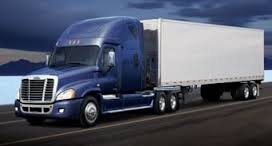
Who Occupational Accident Insurance Is Designed For
Independent contractors are often not required by State law to possess workers compensation policies, but many motor carriers are allowed to require they purchase it at their own expense before leasing with the company.
Occupational accident insurance can be a less expensive alternative for drivers who aren’t interested in fronting the expense for workers compensation.
Talk to an agent today for more info on occupational accident insurance or to obtain free commercial truck insurance quotes!
